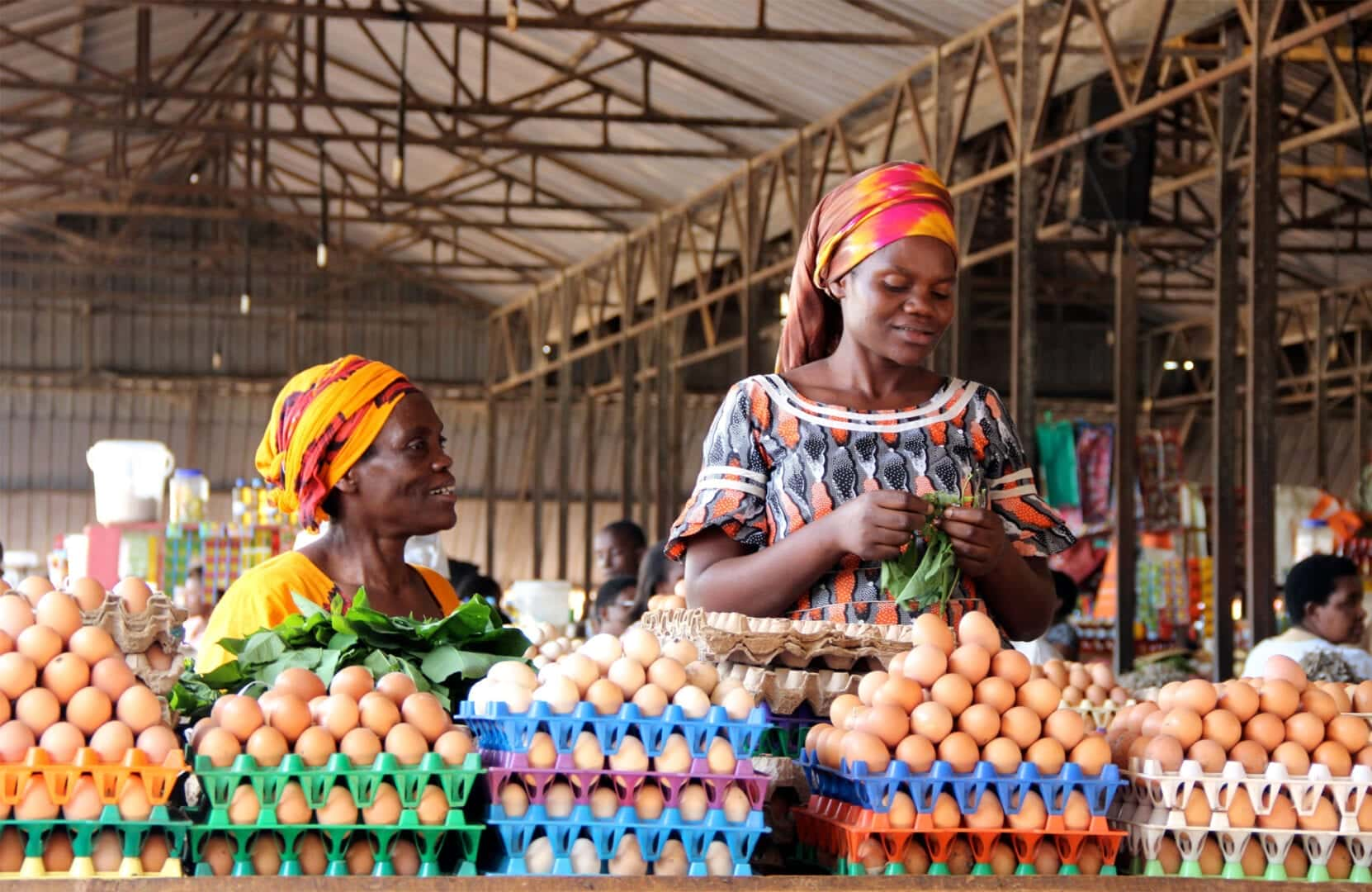African Continental Free Trade Area
After two years of anticipation, the African Continental Free Trade Area (AfCFTA) Agreement finally took effect on January 1st, 2021. Postponed by the COVID-19 pandemic, the AfCFTA is now the largest free trade area in the zone – connecting nearly 1.3 billion people in 54 countries. What does this mean for the African continent?
Increasing household consumption, decreasing poverty
The AfCFTA Agreement is a major step for the continent, creating a single market for goods and services, with free movement of business persons and investments. Of all continents, Africa has the lowest levels of intra-continental trade (18%). The agreement will significantly increase African trade, especially in manufacturing and agriculture. Tariffs will be lifted from 90% of all products. The agreement opens up regional markets that were previously unavailable.
The World Bank has estimated the agreement will increase the real income in Africa by up to 7% and lift 67 million people out of poverty. The biggest gains are coming from the reduction in trade costs, boosting household consumption. Wages are expected to increase by 10% for both men and women. That’s quite the expected impact.
Boost for manufacturing and agriculture
The Agreement opens up substantial opportunities for foreign companies aiming to start or expand their business in the African continent. Import is expected to increase drastically in the sectors of manufacturing (+137%) and agriculture (+72%).
Export of the Netherlands to the African continent has grown rapidly (+23% in 2018, according to the Dutch Bureau for Statistics). However, especially Dutch companies are lacking behind in taking opportunities the countries have to offer, mostly because of lacking knowledge about and the required business networks in the African countries. The African market is large, complex, and changing rapidly. Many Dutch organizations are struggling to keep up on recent development and market requirements but will benefit by acting quickly before markets are satisfied.
The Netherlands can add incredible value to the African continent, by increasing trade and knowledge sharing. Famous for its agricultural advancement, Dutch companies can use these new opportunities for sharing services, inputs, and equipment to advance the African agricultural sector.
Seizing opportunities for women
The AfCFTA intends to advance gender equality. Article 3(e) specifies that the AfCFTA aims to “promote and attain sustainable and inclusive socio-economic development, gender equality and structural transformation”. Women’s vulnerable positions can be strengthened by creating stronger value chains, increasing investment and promoting innovation. This is especially true for the agricultural sector and food trade, where female participation is expected to increase by 20-35%.
However, these changes will not come about by themselves. Women face barriers including limited access to finance, land, and information, as well as barriers in the business environment (lack of network, cultural barriers) and limited digitalization. Capacity building is essential for women to get increased access to skills, technology and practical training, quality inputs and greater know-how of market access barriers (product regulations, export standards).
The AfCFTA increases trade and connectivity, both within the African continent and with the rest of the world.
Keywords: African Free Trade Agreement, market entry strategy, high-growth markets.



